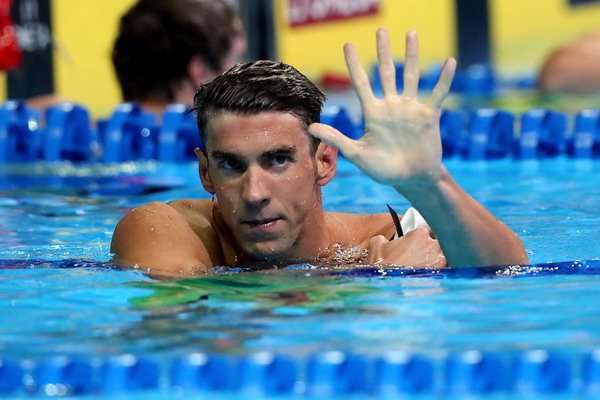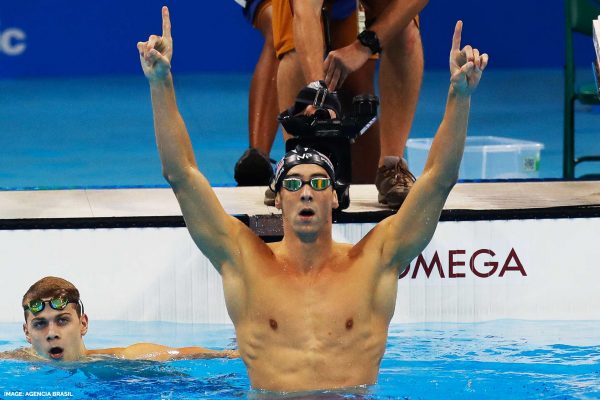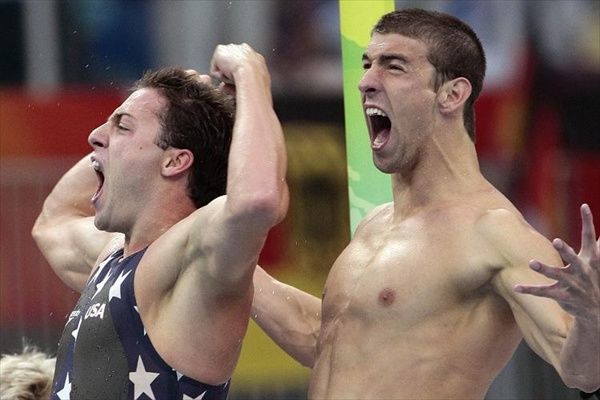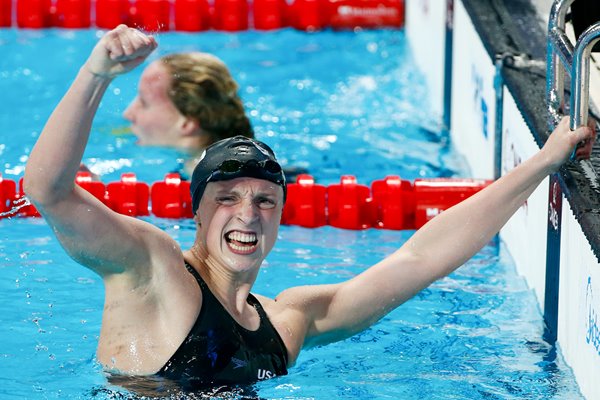The greatest olympic athlete
Michael Phelps - was born in 1985, 30 June, he was swimming since 7 years,
at the of 10 he was already the holder of the national record in his age group.
In 2000, when he was 15, he took a part in Olympic Games.
He has 23 gold, 3 silver and 2 bronze, in total 28 olympic medals -
it is an absolute record in history. No one has been able to break this record.
One of the seven women who won 7 gold medals
Kathleen Genevieve Ledecky - she was born in 1997, March 17. Ledecky began swimming at the age of six due to the influence of her older brother and her mother. Having won 7 Olympic gold medals and 15 world championship gold medals, the most in history for a female swimmer, she is considered one of the greatest female swimmers of all time.






